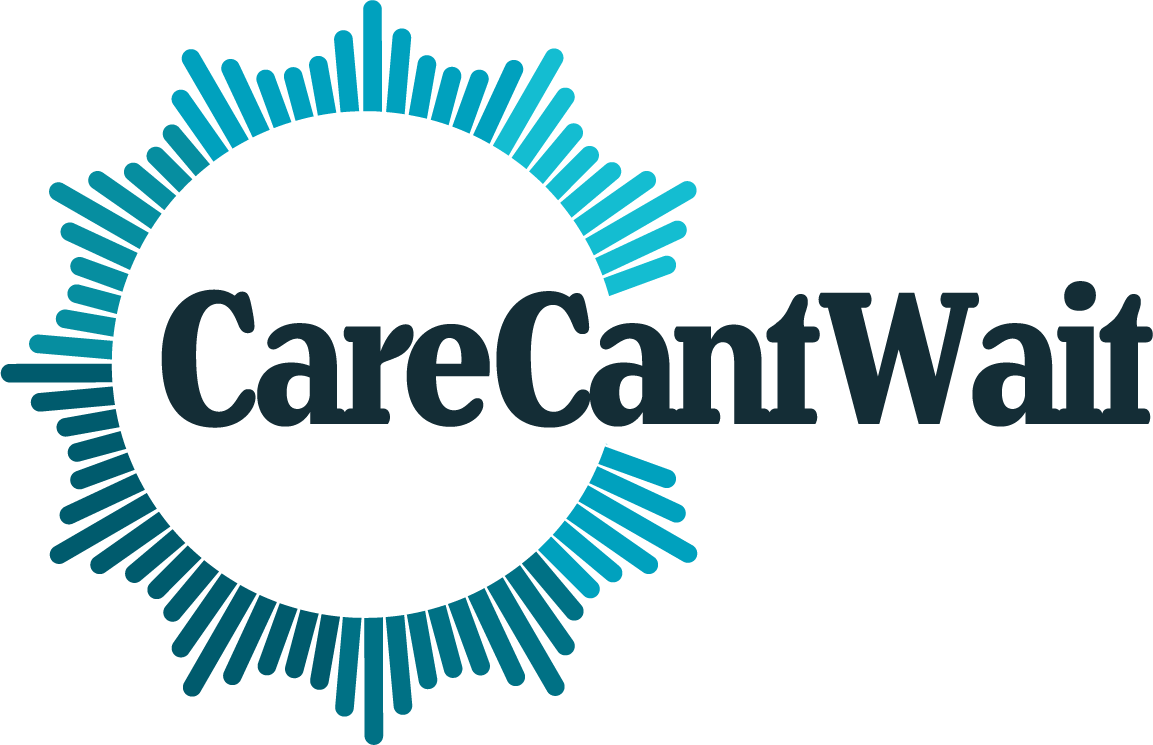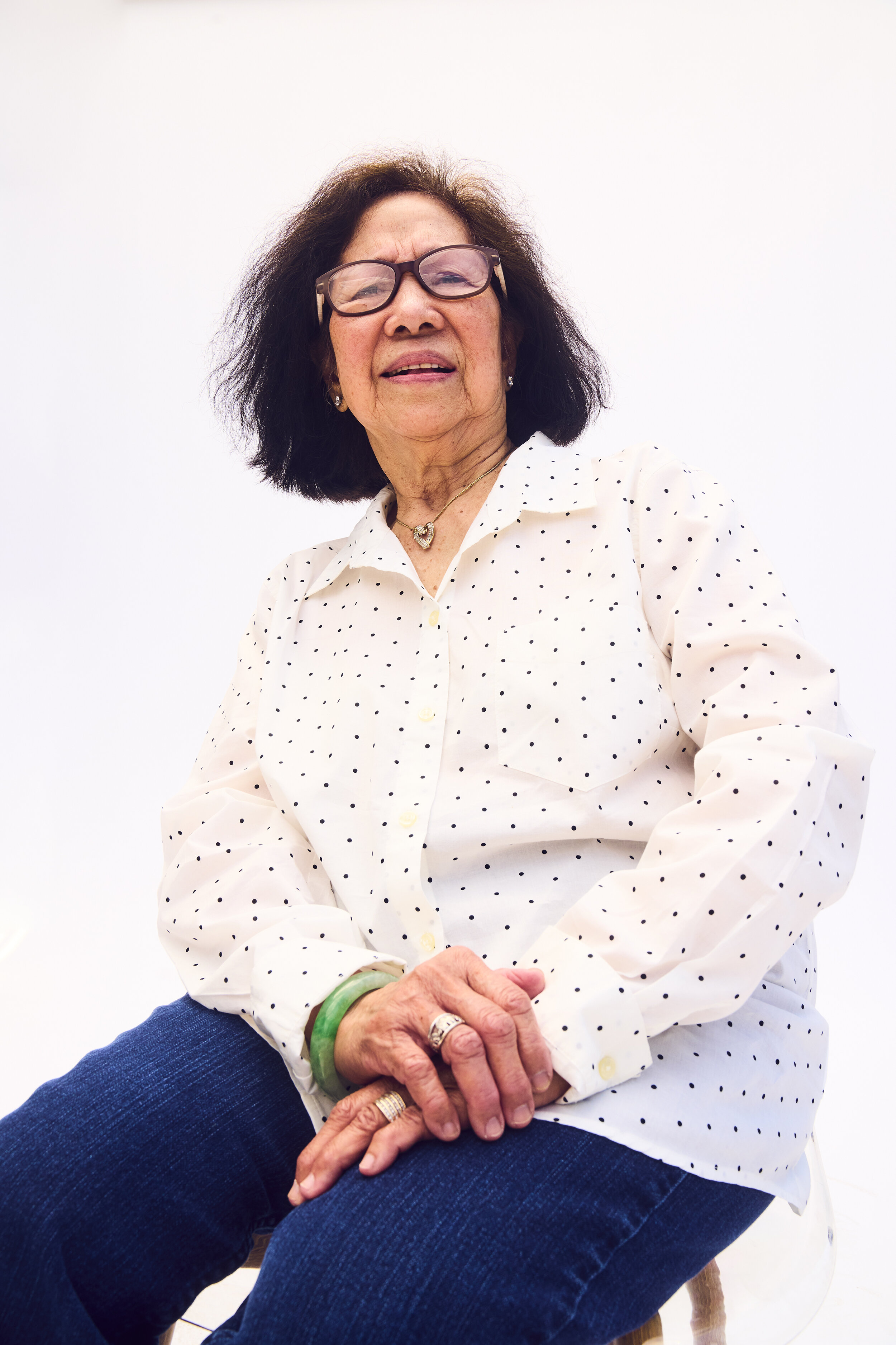Care Team Bios
Allen Galeon
Allen Galeon has worked as a paid caregiver for over 13 years and is also a sandwich caregiver for his 90 year old mother and 4 year old son. Allen attributes his caregiving to his mother, who also worked as a paid caregiver to support their family. Based in Los Angeles, Allen has been advocating for the rights of domestic workers since 2018, is a leader at the Pilipino Worker Center, and a Caring Across Generations care fellow.
Sherri Bloom
Pura Sherri Bloom, born September 18th, 1940, is an immigrant woman who came to the United States of America from the Philippines in 1980. Pura left her country forced to find better sources of income to support her family financially. She landed in Los Angeles and worked as a court typist first, then a babysitter, and eventually became a home care worker. As a caregiver to the disabled and aging people, Pura understood the value of hardwork and perseverance as she tirelessly pursue what every person aspires to achieve, the great Anerican Dream. When Pura received her citizenship naturalization in the late 80s, she was then able to bring over her children from the Philippines. Pura continued on to work as a Caregiver for many people, and retired at age 73. Today, she spends most of her time at home with two of her children and a grandson. Pura Sherri Bloom remains to be a major source of inspiration and wisdom to her children, especially as most took on careers in the industry of Care.
Interview Transcript
Allen: My name is Janerio Allen Galeon, I am presently taking care of my mother. Her name is Pura Sherri Bloom. My mother is an extraordinary person in terms of her courage, in terms of the way she views life. She has been a caregiver for decades.
Sherri: Well, what I can say is I'm so proud for having him as my son at my age — I’m already 80 — and anybody that I talk with, I always tell them that I'm happy, even if I am already a widow. I'm so happy for having him because everything that I need, whenever I need some food that I want to eat he's around to the right for my needs. You know.
Allen: I was given the opportunity to migrate from the Philippines to the United States. In my early days in Los Angeles, I had to provide her things that she needs just to accomplish her daily tasks in the facilities and workplaces that she was working in for or at. As the years went on I have supported my mother with her challenges in taking care of the disabled and the aging. Caregiving is important to me because it has supported the lives of us living as immigrants in Los Angeles. Caregiving, to me is a job of a hero, unsung heroes, to be exact. Someone has to do it and it is a job that makes other jobs possible. Take note. We are trying to prolong someone's life and also provide them with quality daily living. Being in United States, being a man, performing a task that mostly adults is faced with a stigma, I should say. But it doesn't affect me at all, but the fact that the caregiving tasks are things that we would normally or naturally do at home as men. There's a parallel I cook for my son. I also cook for my clients and also cook for my mother. I do laundry for my son. I also do laundry for everyone. For me, it is a natural thing for somebody like my mother who has taken care of me, and to pay back as a reciprocity of caring. Caregivers and or the domestic workers has to be treated equally. President Joe Biden's infrastructure bill, if it passes, it would really validate the truth about the need for America to have a human infrastructure. And with that, it would really infuse the fact that America needs caring within all of us and that care industry should be spotlighted all the more. Every family in America should be able to see this as a valid or as a legitimate job industry and that we all benefit from it when all of us are able to care for someone. And then when somebody cares for our loved ones, we are able to produce and we are able to become productive in our own respective careers or jobs or tasks. When I am connected, it provides me pleasure. That pleasure, that produces happiness and happiness is very important. We are hoping that more support will be given to this industry, especially to the sick, especially to the program of the home and community based services that is under the long term support services programs. We would like to see a world that has equal protection to all workers and probation's for the home and community based services specifically.








